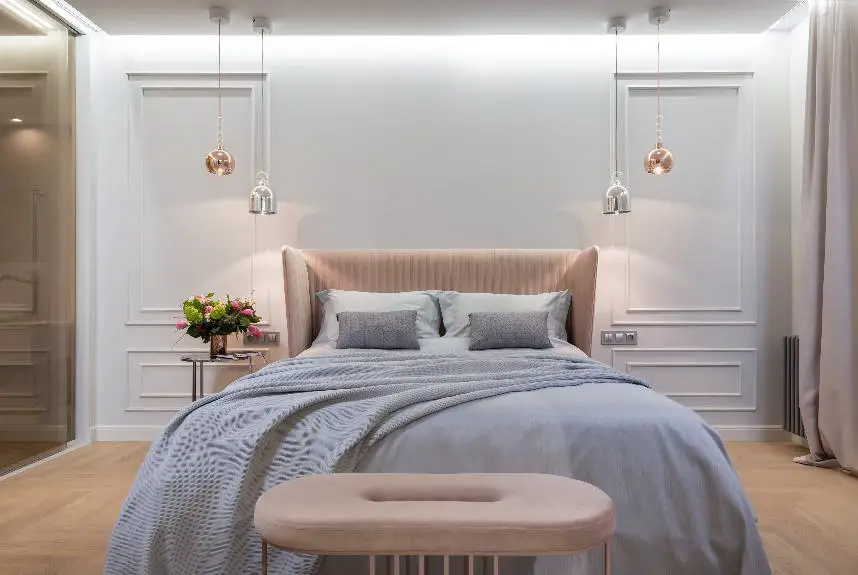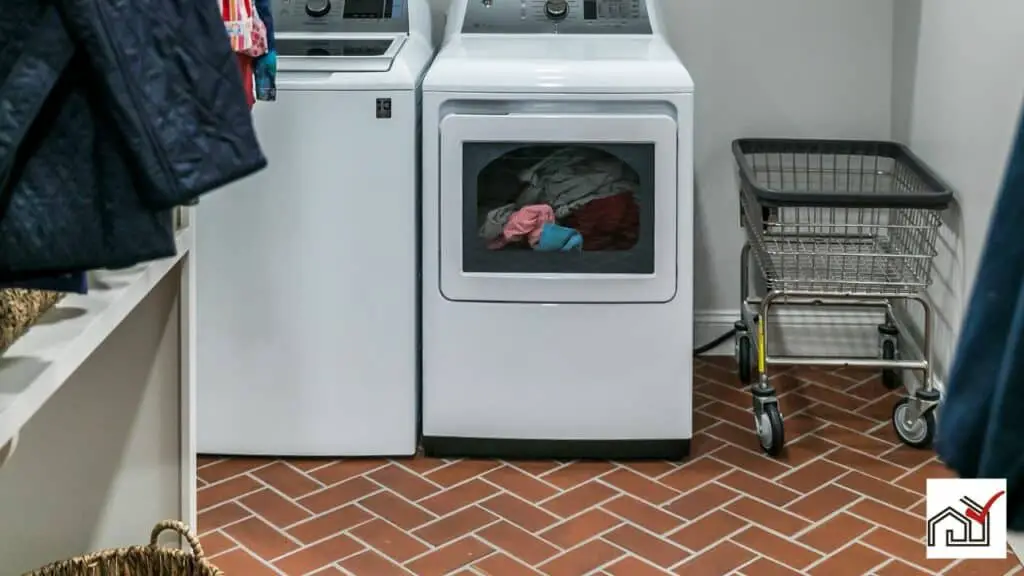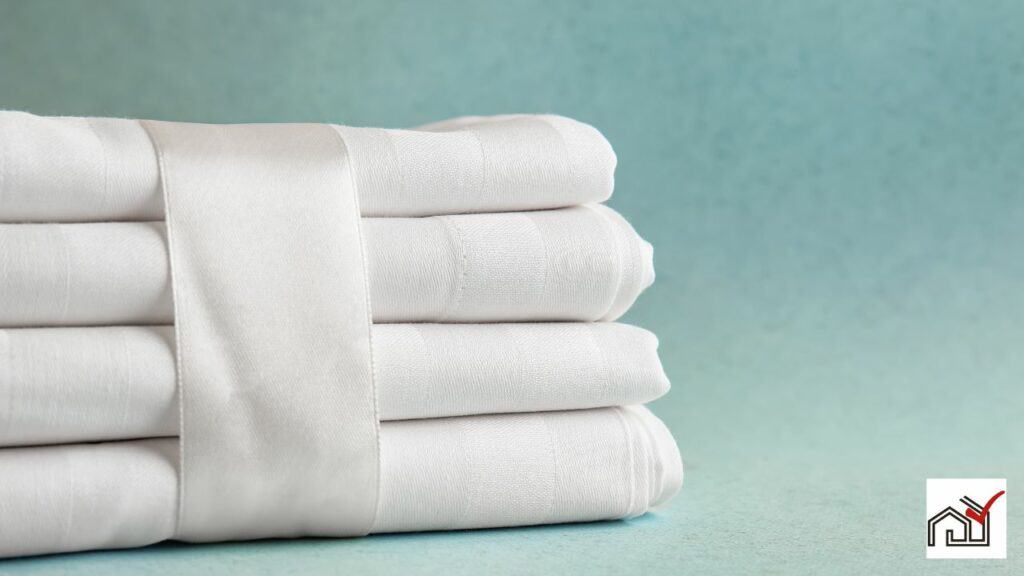A memory foam mattress can be used on a futon or daybed. Memory foam is pressure-relieving and contours to the body, which can make a futon or daybed more comfortable. However, the mattress must be able to fold and bend without being damaged. Thinner memory foam mattresses are usually better for this purpose.
When choosing a memory foam mattress for a futon or daybed, consider how well it retains heat, its durability, and the right balance between firmness and flexibility. This information will help you decide if a memory foam mattress is suitable for your futon or daybed.
Understanding Futon Compatibility
When considering a memory foam mattress for a futon, it is important to check if the mattress is compatible with the futon frame. Thicker memory foam mattresses may not fold as well as thinner ones when transitioning from bed to couch. It is necessary to match the mattress specifications with the futon's folding mechanism.
Most full-size futon frames are designed to be versatile and can fit various mattress types, facilitating easy conversion between bed and couch. A memory foam mattress provides firm support and contours to the body for comfort, making it a good option for those who want a comfortable sleep without a separate bed frame.
Adding a memory foam topper to a futon mattress can increase comfort. It adds cushioning and introduces memory foam benefits without the issues of folding a thicker mattress.
Memory Foam Mattress Benefits
A memory foam mattress on a futon or daybed provides personalized support that molds to the body, improving sleep by distributing weight and easing pressure on areas like hips, shoulders, and spine. This helps reduce pain and keeps the spine aligned. Memory foam adjusts to different sleeping positions, making it suitable for various postures and uses in seating and sleeping.
Memory foam mattresses with CertiPUR-US certification meet strict standards, ensuring they are free from harmful chemicals and safe for use. When choosing a memory foam mattress for a futon or daybed, consider the thickness for optimal use. While memory foam can retain heat, new technologies are improving breathability. These mattresses offer comfort and are a good choice for those prioritizing a comfortable sleep surface.
Potential Drawbacks and Considerations
Memory foam mattresses have several drawbacks when used on futons or daybeds. They may lack the necessary flexibility for futons, which need to switch between a sofa and bed, potentially causing damage or misshaping due to constant folding.
Memory foam also retains heat, which can be uncomfortable for people who tend to overheat at night. On futons, heavy sleepers might not get enough support, as the futon frame may not handle the pressure well.
Daybeds have different support structures that may not work well with memory foam, possibly leading to a less comfortable sleeping experience.
It's important for buyers to consider these issues and choose a mattress with the right thickness and composition to improve the performance of their futon or daybed.
Daybeds and Memory Foam Adaptability
Daybeds can use memory foam mattresses, but they require a solid support layer to prevent sagging and ensure comfort. A memory foam mattress needs a flat, sturdy surface for even weight distribution and to keep its shape. If a daybed has slats, placing a board or boxspring underneath the mattress can provide the necessary support.
Daybeds function as both sofas and beds, so the mattress's flexibility is important. Memory foam is popular for its body-conforming properties, offering support and pressure relief. Adding a Memory Foam Mattress Topper can increase comfort and protect the mattress, prolonging its life.
Using improper support can cause moisture build-up and damage the mattress, potentially voiding the warranty. To avoid these issues and ensure the mattress operates correctly on a daybed, it is recommended to consult the manufacturer. They can advise on maintaining the warranty and suggest suitable support materials for memory foam mattresses.
Enhancing Comfort on Futons
Memory foam toppers add cushioning to futons, making them more comfortable. Futons, which serve as both sofas and beds, may not be as soft as regular mattresses, but a memory foam topper can improve the sleeping surface by providing better support and shape-conforming qualities. This can also help protect the futon mattress from wear.
Memory foam evenly distributes body weight and reduces pressure points, beneficial for those who frequently sleep on a futon. It responds to body heat and shape, aiding in a comfortable sleep.
For example, Milliard's futon mattress is made of durable material that retains its form even with regular changes from a couch to a bed. Adding a memory foam topper enhances comfort and promotes better sleep, no matter the sleep position.
Memory foam toppers are also practical. They are lightweight and easy to move or remove, offering flexibility to futon owners. They can be transported or stored without difficulty.
Daily Use of Futon Mattresses
For daily sleeping on a futon, the mattress choice is important for comfort and long-term use. Memory foam mattresses can provide consistent support and conform to the body, but their effectiveness depends on thickness and the futon's design.
Mattresses made for frequent use are durable enough to handle being converted from a sofa to a bed. They often include memory foam among other materials to offer comfort while remaining flexible. A futon used daily must keep its shape when folded. Thicker memory foam mattresses may be more comfortable but harder to fold, affecting their practicality.
Spring mattresses are more suitable for futons that are used as both beds and sofas. They offer enough support for sleeping and can easily convert to a sofa. For versatile living spaces, a thinner memory foam mattress or a spring-inclusive hybrid design is usually better.
Choosing a mattress for a futon used every day should take into account the needs of both sleeping and sitting. The best mattress will meet the dual-purpose needs of a futon, ensuring it lasts and stays comfortable for both uses.
Final Thoughts on Mattress Choice
Choosing the right memory foam mattress for a futon or daybed involves considering how often it will be used, its need for flexibility, and how well it retains heat.
For a futon that regularly switches between a couch and a bed, a thinner memory foam mattress might be better due to its easier handling and ability to retain comfort.
For a setup that remains a bed, a thicker mattress is recommended for its durability and support for all sleep positions. However, memory foam can hold heat, which could be uncomfortable in hot climates or seasons.
The Futon Shop offers a selection of futon mattresses that prioritize both quality and eco-friendliness, using natural and organic materials.





